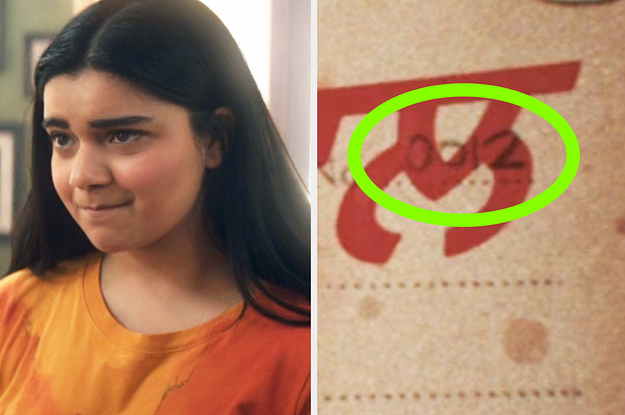
This story was originally published in July 2020.
Whatever you call it, the natural byproduct of human digestion — feces, fecal material, poo or poop — is a true indicator of internal health. For those enjoying the bounty of their gardens or quantities of other fresh produce, it can also be affected by the natural pigments and chemicals in those vegetables.
Especially for new gardeners, discovering what binging on their fresh produce can do to their digestive system may come as something of a surprise. A colorful one at that.
It’s also something people are often loath to discuss or talk about in polite conversation. That’s a shame, according to Dr. Jean Larson, gastroenterologist at Northern Light Health in Bangor.
“We talk about poop all day every day,” Larsen said with a laugh. “We talk about poop not coming out, and we talk about poop coming out too much.”
Among the things Larsen said people often observe — when they take the time to look at their own stool — are sudden color changes that can be directly linked to what they ate in the previous 24 hours.
“It’s the pigment in the beets that turns your poop and urine red,” Larson said. “It may look alarming but it’s nothing to worry about.”
Anyone who has woken up the day after feasting on fresh beets and wondered if they are bleeding internally based on the redness of their stools knows this all too well.
However, if stool or urine is red and you’ve not been eating beets or anything with red dye like gelatin, red hotdogs, or Gatorade, that could be a symptom of a serious medical situation such as internal bleeding and should be checked out immediately with a gastroenterologist, Larson said.
“It could mean you have lower GI tract bleeding, diverticulitis or hemorrhoids,” she said. “There is absolutely no reason to feel embarrassed at getting it checked out.”
Seeing green in the toilet bowl after the morning constitution? That’s perfectly normal the day after binging on fresh, leafy greens like lettuce, spinach or kale, Larson said, all popular Maine garden crops.
“Leafy greens can also appear in partial or whole pieces if they don’t get properly digested and speed through the colon or eaten with a very oily dressing,” Larson said. “If that keeps happening, you should talk to a doctor.”
Some plant-based nutrition supplements or powders can also turn things dark green or even black.
Eating a lot of black licorice or any of black squid ink-dyed pastas? What goes in black is going to come out black, Larson said. Iron supplements can also turn stools black. But black stools can also be a sign of bleeding in the upper GI tract and should be checked out by a doctor if there is no food-related explanation.
Turmeric is another supplement, often taken as an anti-inflammatory, can turn stools yellow or a lovely shade of orange or darker to black.
Gorging on blueberries or drinking a lot of anything colored with blue dye is going to result in blue stools, Larson said.
The bottom line on poop, according to Larson, is it can be a good health indicator of what is going on in your body and act as an early warning system.
“This is absolutely nothing to be embarrassed to ask your doctor about,” Larson said. “Especially if you are seeing red or black poop with no relatable food connection and are feeling dizzy, weak or have other acute symptoms it is important to get it checked out.”









